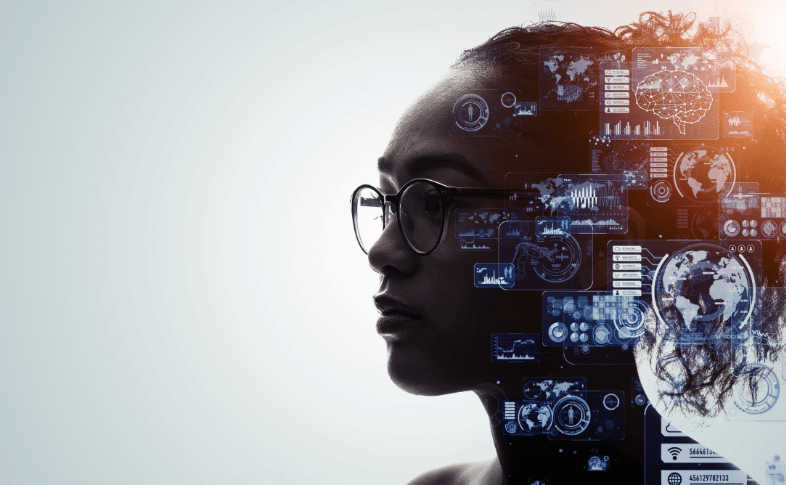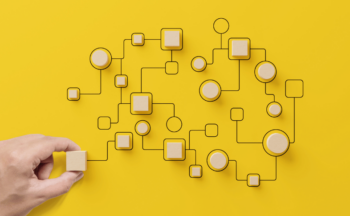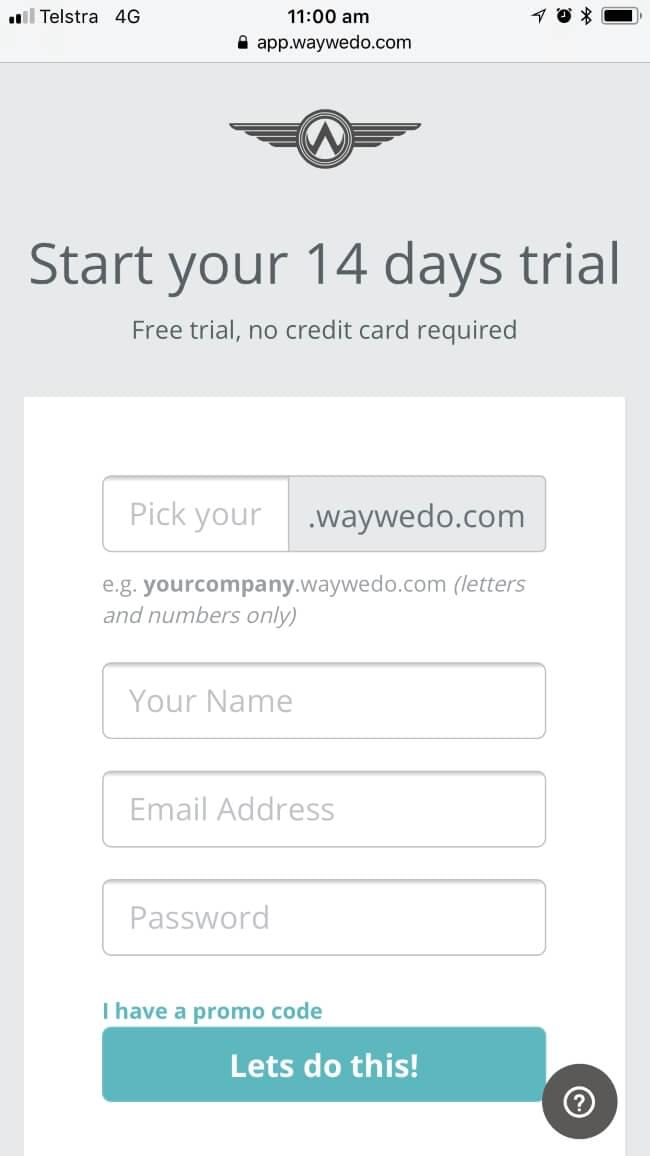Way We Do AI soft launch
The Way We Do team is more than a little excited at the moment, after a successful soft launch of our latest feature, ‘Way We Do AI’. We involved a select group of Way We Doers in the launch and their response has been highly encouraging, as they’ve eagerly embraced the prospects of integrating AI into their daily operations.
We’ve had great feedback from the group, with responses like “This will be a timesaver!“, “I love it!” and “Great work on getting onto this so quickly. It looks awesome, it’s going to be very exciting.” Participating Way We Doers were especially excited about the possibilities of tailoring the feature to their specific needs, with one user looking forward to using AI in their step-by-step guides and checklists. The overall theme emanating from the soft launch is one of anticipation, as users look forward to harnessing the increased efficiency and the transformative potential of AI for their businesses.
AI’s different roles
The conversations around AI’s potential has extended beyond the Way We Do environment as well. I recently had a fascinating dinner conversation with a close friend who’s a distinguished professor at one of Australia’s leading universities. As I shared our experiences with launching Way We Do AI, she offered a novel classification for AI applications: AI the Intern, AI the Assistant and AI the Manager.
My friend’s perspective was enlightening, and set me to thinking about how these might fit Way We Do’s applications. Using the same principle of classification, I visualized a slightly different approach: AI the Assistant, AI the Coach, and AI the Employee.
In the first instance, AI the Intern didn’t quite resonate with me as an intern’s role often involves a learning phase. My expectation of any AI we introduce to Way We Do is that it will have already completed this phase. Users will be able to immediately the reap benefits from using the AI, without needing to invest their time in teaching or training it.
I also feel differently about the idea of AI the Manager. After all, who would be content to be managed by a bot? A key component of managing comes from human relationships, with AI taking up a place as a collaborative tool. It assists, it coaches, and as an “employee”, it takes on repetitive tasks; but it does not manage. The human element in decision-making and leadership remains pivotal, with AI serving as a valuable ally to enhance our capabilities and efficiency.
AI the Assistant is the entry point. Here, AI aids us in carrying out tasks more efficiently. As humans, we remain the subject matter experts, while AI plays the support role in expediting our processes and workflows.
AI the Coach symbolizes the next evolution of AI. In this role, AI transitions from support role to knowledge bearer, guiding businesses as they develop best practice policies, processes and procedures in areas where they may have limited knowledge. This could encompass a diverse range of fields: From helping design efficient Sales and Marketing operational processes, to guiding the implementation of robust Quality Management practices, to ensuring Information Security protocols align with the latest standards.
Finally, AI the Employee embodies a scenario where AI is deployed to perform non-value-adding, but important, repetitive tasks. This isn’t about rendering human jobs obsolete, rather than leveraging AI to take on the more tedious tasks that humans don’t like. This frees up “human capital” – that is, our team members’ capacity – to focus on more meaningful, creative and rewarding work.
A promising, productive future
The business world has always sought to improve efficiency; to “do more with less”. In the past decade, wage growth has remained relatively stagnant, failing to keep pace with productivity growth. At the same time, organizations across all sectors have grappled with workforce shortages, struggling to find enough people with the skills and qualifications fill crucial roles in their operations.
AI has the potential to be a game-changer in this context.
By filling these gaps and taking on tasks that are time-consuming yet necessary, AI will not only boost productivity but also allow human employees to channel their efforts toward more value-adding, fulfilling tasks. In turn, this can enrich their work experience and boost job satisfaction, itself leading to better productivity and workforce engagement.
What’s next?
Way We Do AI’s soft launch, and the conversations it has generated, underscore the immense potential of AI in shaping our business future. It’s a thrilling journey we’ve embarked upon, and we’re deeply committed to leading the charge in making AI accessible and beneficial to every Way We Doer.
I want to extend my heartfelt thanks to those of you who embraced Way We Do AI. You’ve been the inspiration for us to continue striving toward our goal to harness AI as a means to help boost your experience of work, business, and life.





